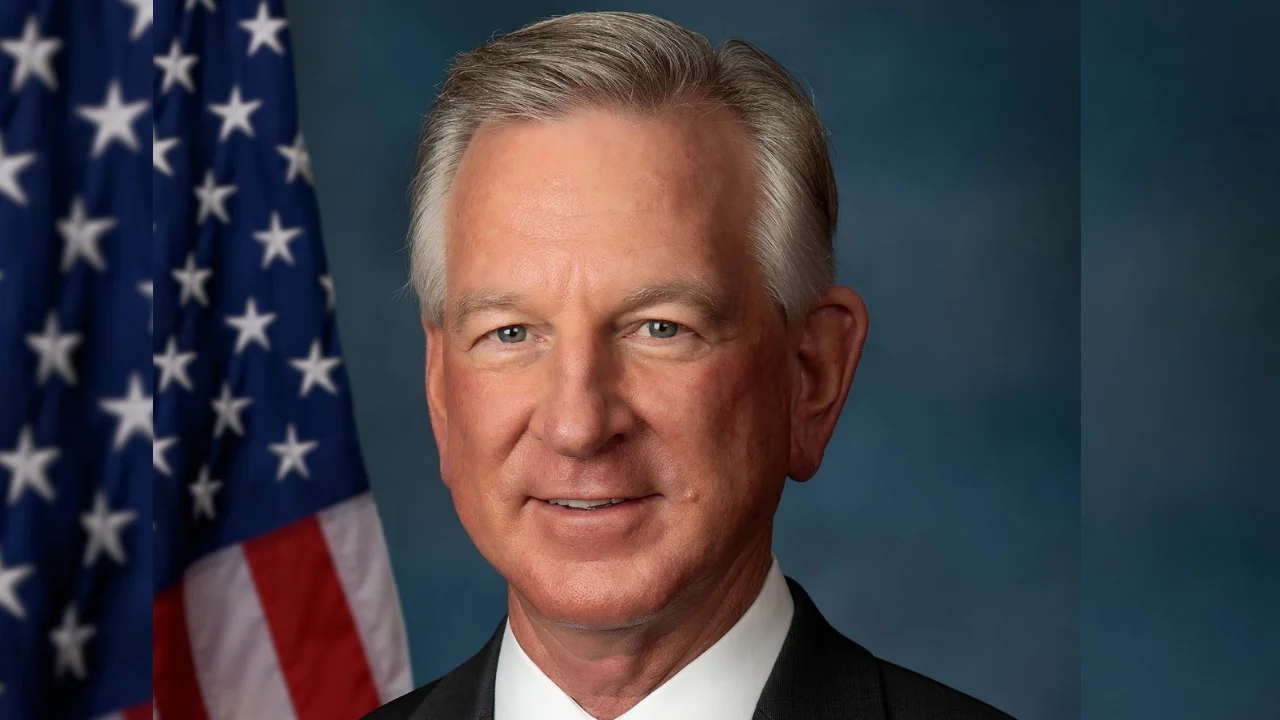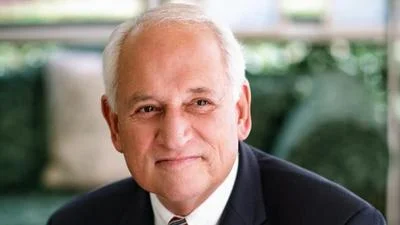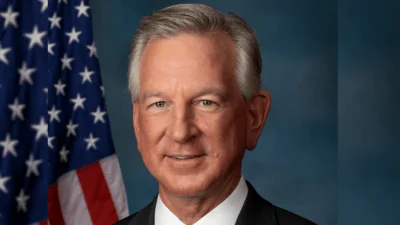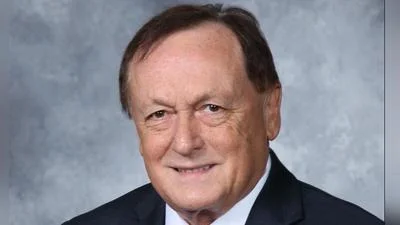US Senator for Alabama | US Senator for Alabama website
US Senator for Alabama | US Senator for Alabama website
U.S. Senator Tommy Tuberville (R-AL) questioned President Trump’s nominees for key Department of Defense positions during a Senate Armed Services Committee hearing in Washington. The hearing focused on issues including military construction delays, national space strategy, technological innovation, and the role of junior enlisted service members.
Senator Tuberville addressed Brendan P. Rogers, nominee for Assistant Secretary of the Navy for Energy, Installations and Environment, about inefficiencies in military construction projects. “Good morning, gentlemen. Thanks for your service. Mr. Rogers—our military construction process is a disaster. It’s plagued by poor initial planning cost overruns, delays that do nothing but cost taxpayers money and readiness for our troops. I’ve seen it big time in my state of Alabama. You know, a quarter of the 598 MILCON projects underway in 2023 were delayed for a year or more. Something is clearly broken. If confirmed, as regards to the Navy, do you have any answers to this disaster?” Tuberville asked.
Rogers responded by emphasizing fiscal responsibility and the need to address high costs compared to commercial construction: “Senator Tuberville, MILCON’s obviously a critical program. We’re spending billions of dollars to support the infrastructure and as we’ve talked about, the installations are the area in which we power project and so getting that right is important. I mentioned in my opening statement the concept of fiduciary responsibility. I think that applies here for the dollars that are spent. There’s a collective interest in getting the most out of those dollars. So, if confirmed, certainly we’ll be looking into this. The specific areas of interest are a couple of things. One, what is really driving the premium that we are always paying in MILCON certainly relative to commercial opportunities? I understand some of the drivers of that. I’d like to understand that more and also welcome Congress’ help in potentially changing some of the elements of the Unified Facilities Criteria to maybe lower that cost. That’s number one. Number two is schedule and with schedule comes cost come from the commercial side. If you’re building in the commercial side, you care about schedule, cost, and your reputation, and you manage those very, very closely and specifically around how do you manage the risk of projects. So, if confirmed, I look forward to spending more time with NAVFAC and CNIC on these issues.”
Tuberville noted Alabama's use of privatization over traditional military construction as an approach that has led to improvements in speed and cost efficiency.
Addressing Marc J. Berkowitz—nominee for Assistant Secretary of Defense for Space Policy—Tuberville highlighted that it has been five years since a comprehensive department-wide space strategy report was released by the Department of Defense (DOD). He asked whether Berkowitz would consider updating it.
Berkowitz replied: “Thank you for raising this topic, Senator, and I must say I appreciated the time to meet with you and your staff in your office. Given the time that’s passed, I think it is entirely appropriate to review and update the department’s commercial strategy. In fact, I would note that there are three commercial strategies, one for the defense department, one for the Space Force itself, and one also for U.S. Space Command, and if confirmed, I would want to review them and ensure that they are appropriate to today’s security environment.”
Tuberville then spoke with Joseph S. Jewell—nominee for Assistant Secretary of Defense for Science and Technology—about accelerating technology development given international competition: “Mr. Jewell, Huntsville, Alabama’s major hub for innovations... What will you do to accelerate testing and evaluation... especially if threats from adversaries like China continue to mature?”
Jewell acknowledged challenges posed by other nations: “Senator, that’s absolutely correct that our peer and near peer adversaries have invested heavily in this kind of technology. We have a number of programs in the United States such as MACH-TB which seek to increase pace... But I think we need to be vigilant... if confirmed I will seek to ensure those investments continue.”
The senator concluded his questions with James R. Caggy—nominee for Assistant Secretary of Defense for Mission Capabilities—by focusing on feedback from junior enlisted personnel: “Mr Caggy... What emphasis will you put on feedback from these young warfighters?”
Caggy answered: “Senator... The feedback we get from our junior enlisted... is really most important because they’re ones... take capabilities... into combat... if confirmed fully committed ensuring all service members represented how we gain feedback on prototypes experiments concepts capabilities deliver ready go combat.”
Senator Tuberville represents Alabama on several Senate committees including Armed Services.






 Alerts Sign-up
Alerts Sign-up